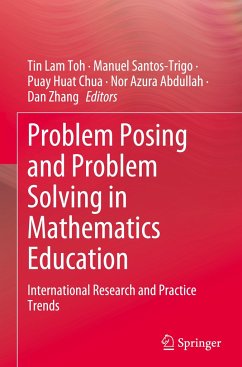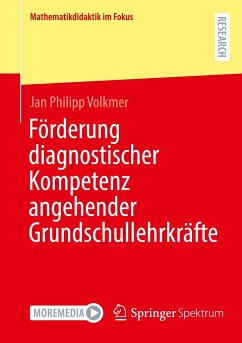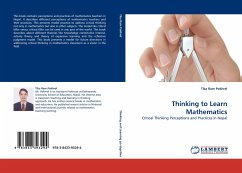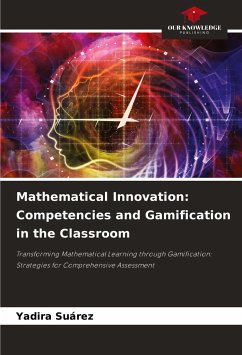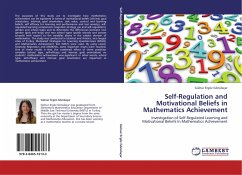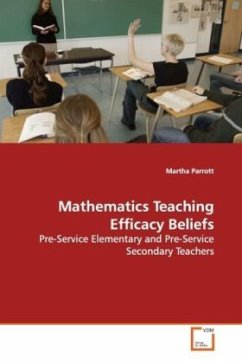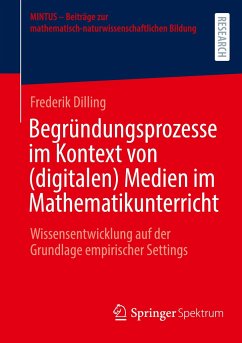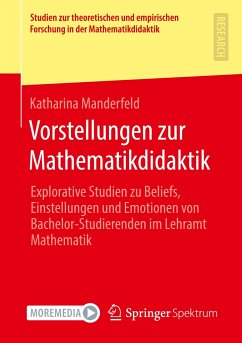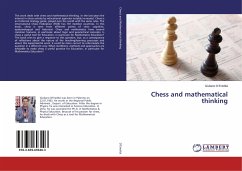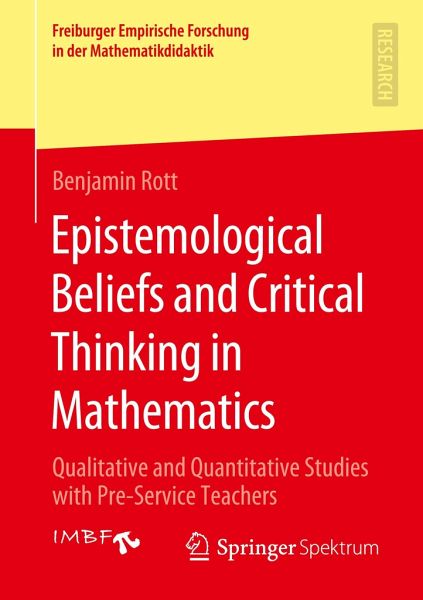
Epistemological Beliefs and Critical Thinking in Mathematics
Qualitative and Quantitative Studies with Pre-Service Teachers

PAYBACK Punkte
0 °P sammeln!
Epistemological beliefs-i.e. beliefs on the nature of knowledge, its limits, sources, and justification-play an important role both in everyday life and in learning processes. This book comprises several studies dealing with such beliefs in the domain of mathematics; amongst others a qualitative interview study, and quantitative studies for which a new questionnaire has been developed. In this new instrument, belief position (e.g. "mathematical knowledge is certain" vs. "uncertain") and belief argumentation (the way those positions are justified) are differentiated. Additionally, a test for ma...
Epistemological beliefs-i.e. beliefs on the nature of knowledge, its limits, sources, and justification-play an important role both in everyday life and in learning processes. This book comprises several studies dealing with such beliefs in the domain of mathematics; amongst others a qualitative interview study, and quantitative studies for which a new questionnaire has been developed. In this new instrument, belief position (e.g. "mathematical knowledge is certain" vs. "uncertain") and belief argumentation (the way those positions are justified) are differentiated. Additionally, a test for mathematical critical thinking has been designed.The results show significant correlations between sophisticated belief argumentations and high scores in the critical thinking test, but no correlations regarding belief positions.




